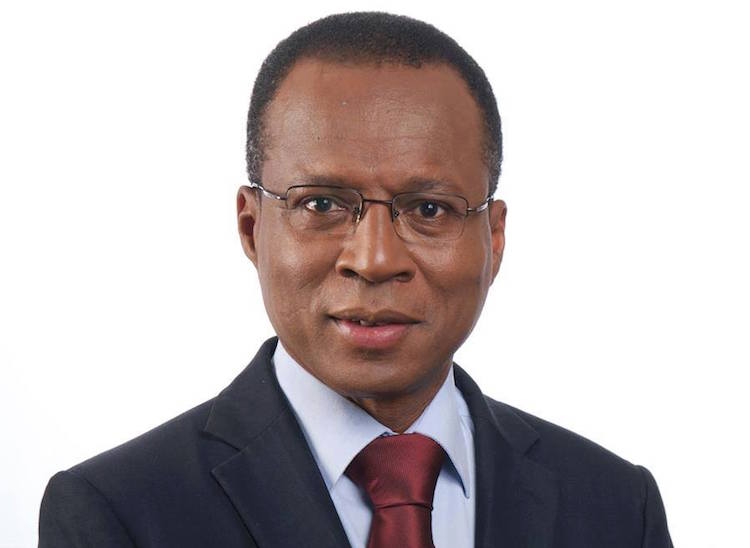NEW YORK (INPS | GIN) – Voters trooped to the polls in six countries across Africa on March 20, electing presidents and in Senegal approving a constitution with shorter presidential terms.
Among the surprises, the hand-picked successor to the outgoing president of Benin was defeated by a self-made entrepreneur Patrice Talon – “the king of cotton” – who ran as an “authentic Beninese” candidate. During the campaign he repeatedly attacked his opponent’s dual French nationality and the fact that he was living in France until being appointed prime minister by the outgoing former president.
Lionel Zinsou, with light skin, was also attacked as a “yovo” or “white man” during the campaign. He congratulated his opponent even before the official release of voting results was announced.
“The provisional results point to a decisive victory for Patrice Talon,” Zinsou told the AFP news agency after the Sunday (March 20) vote. “I have called to congratulate him, wish him good luck and put myself at his disposal to prepare for the handover.”
In Congo Brazzaville, voting took place amidst clouds of tear gas fired by riot police, as well as poll irregularities alleged by opposition supporters who said they were denied access to the ballot counting.
Phone service, text messages and the internet were all cut off by the Congolese Interior Minister prior to the voting, allegedly to prevent newspapers and other media sources from illegally posting results. Motor vehicles were also banned from use nationwide, except for those with special permits.
President Denis Sassou Nguesso, seeking re-election, took power in 1979 and served over 30 years with an interval of five years after losing elections in 1992. General Jean-Marie Michel Mokoko is seen as the strongest challenger to defeat President Sassou Nguesso.
Voting in Niger was held although the opposition candidate was in a hospital in France after a questionable detention by Niger authorities. In Zanzibar, the party of the opposition announced a boycott of the second round voting, citing their “victory” in the earlier first round.
In Cape Verde, the socialist party founded in 1956 by nationalist leader Amilcar Cabral was defeated by the opposition Movement for Democracy, ousting the African Party for the Independence of Cape Verde (PAICV).
The former Portuguese colony, which has experienced a tourism boom in recent years, recorded per capita GDP of $3,450 in 2014, among the highest levels in Africa. Its population of just over half a million has one of the continent’s lowest poverty rates.
Last but not least, Senegalese voters agreed upon a new constitution that would cut presidential terms from seven to five years starting after then next election in 2019 and would prohibit holding office for more than two terms.
Political opponents called for a “No” vote in protest against President Macky Sall saying he failed to deliver on his campaign promises, including creating jobs for the young, boosting the economy and rooting out corruption. [International Press Syndicate – 21 March 2016]
Photo: Ulisses Correia E Silva of the Movement for Democracy (MpD), which defeated the ruling African Party for the Independence of Cape Verde (PAICV). Credit: MpD

